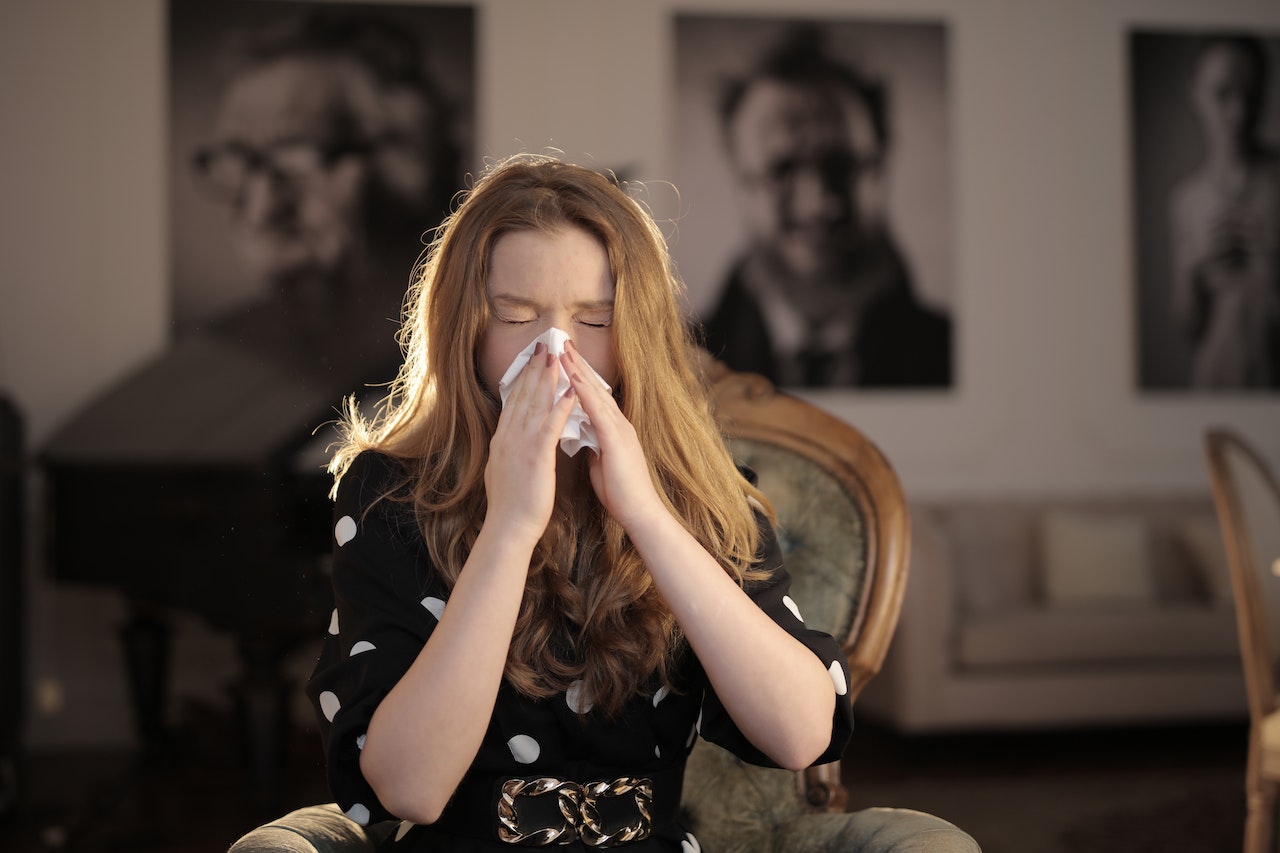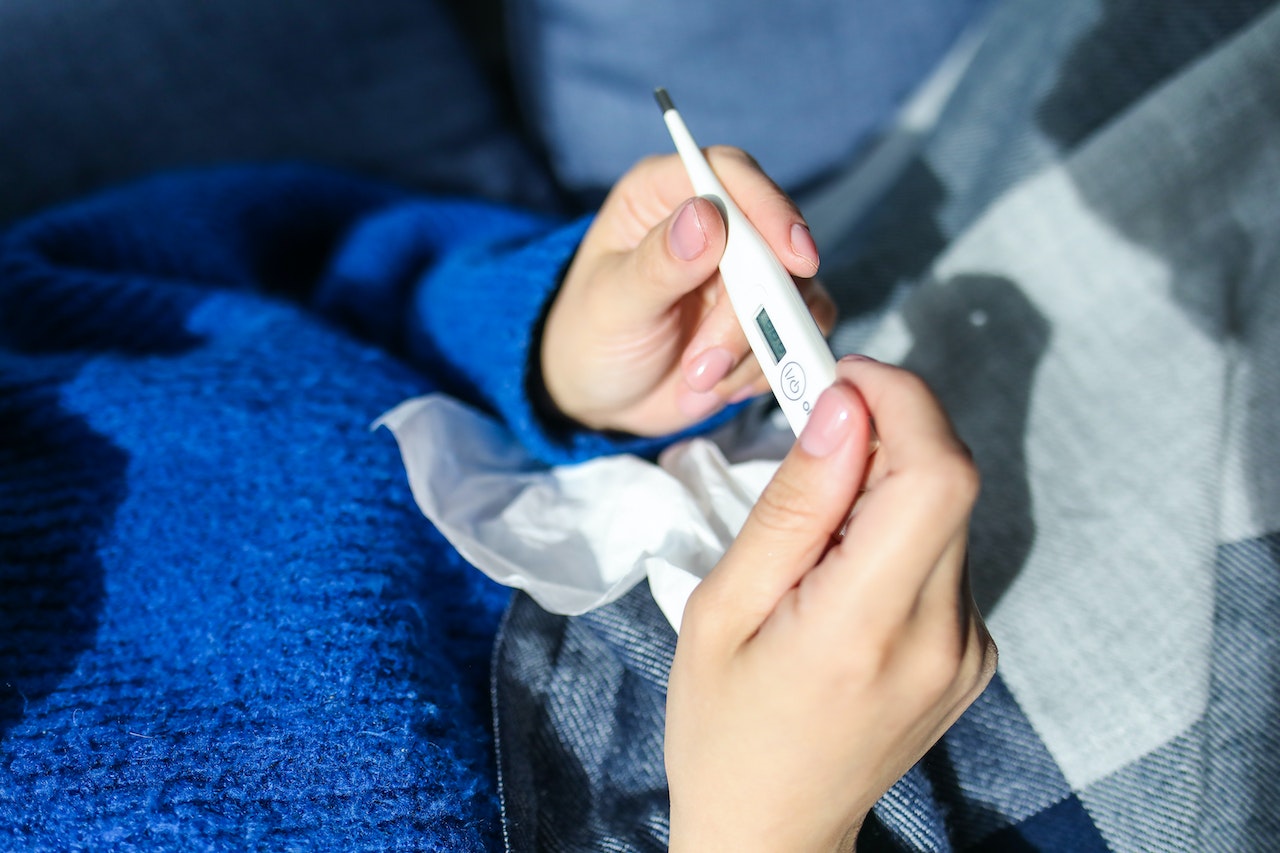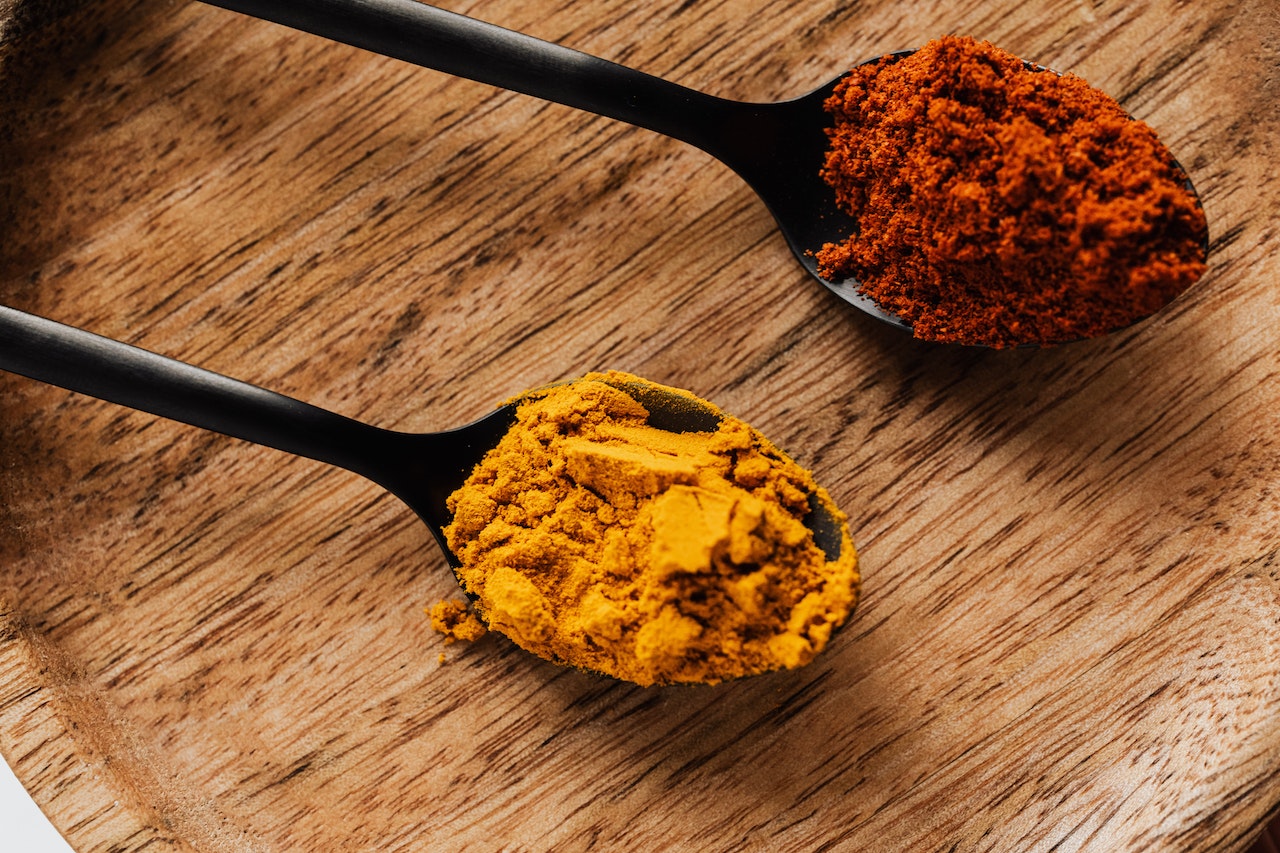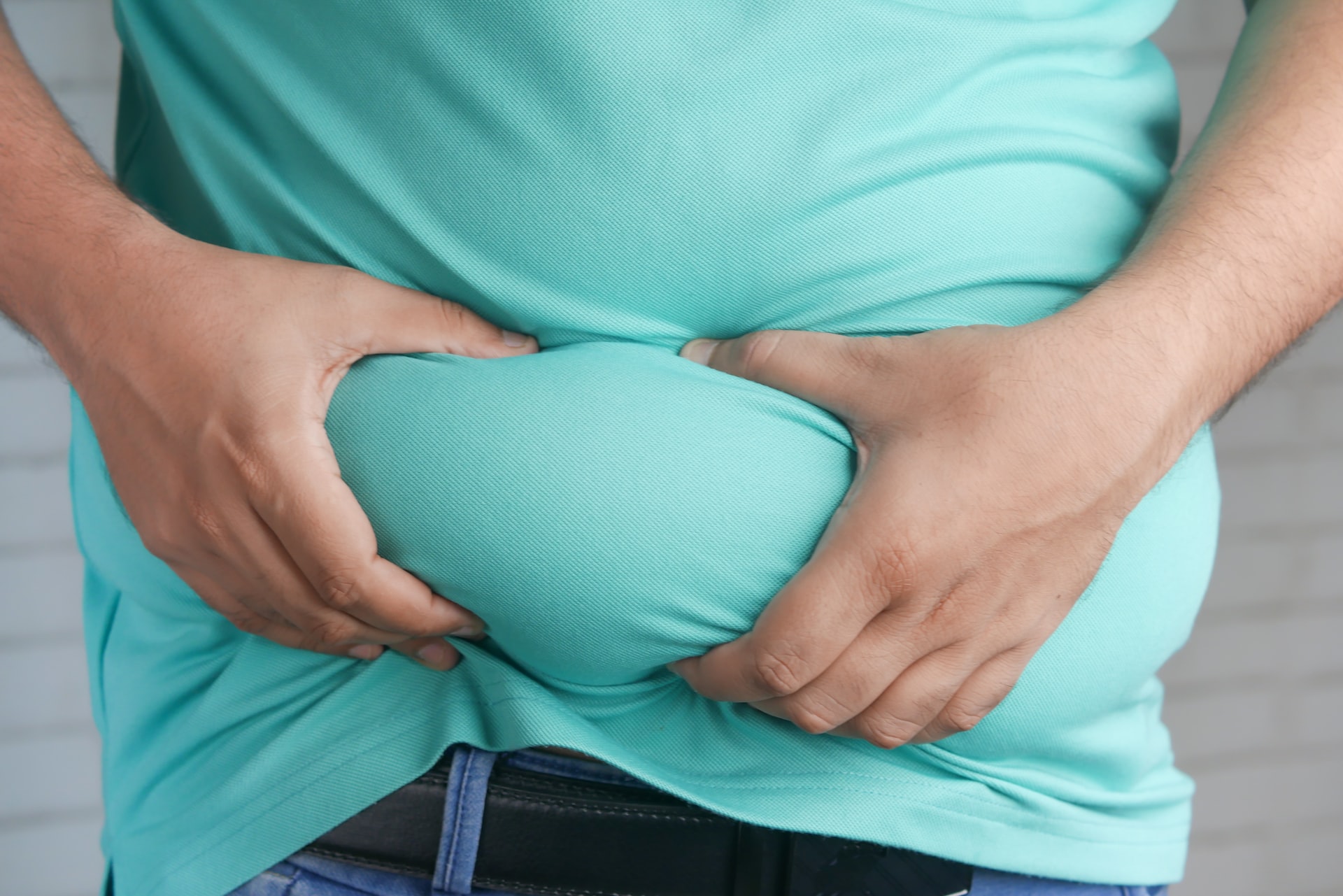How Women Can Understand the Condition Called Period Flu
Period flu describes several flu-like symptoms that some people get just before their period. Even though it’s not a medical term, period flu embodies the physical and emotional symptoms that can make some women feel like they’re getting the flu once a month, just before their period.
Premenstrual syndrome or PMS is a name that doctors use to describe a number of symptoms associated with the period flu. Healthcare specialists continue to lack a thorough understanding of period flu, and the exact underlying cause is still unknown.
The sections that follow look at potential causes and treatments for period flu.
Causes of the Condition
After ovulation, when estrogen levels drop and progesterone levels rise, people frequently experience period flu symptoms. According to researchers, premenstrual symptoms do not have a single, well-defined source.
However, they could be brought on by sensitivity to compounds produced when progesterone degrades, progesterone’s impact on the brain’s neurotransmitters, or variations in the concentration of the neurotransmitter serotonin.
Younger people may experience period flu bouts more frequently than older ones do. After menopause, menstrual flu should no longer be an issue.
Duration
Period flu episodes often last no longer than two weeks. After ovulation, the symptoms usually begin to manifest in the latter two weeks of a typical 28-day menstrual cycle. Symptoms of period flu typically become better when a period starts and go away by the time it ends.
When a person stops menstruating during menopause, period flu disappears permanently.
DIY Cures
A key first step is getting enough sleep. The Centers for Disease Control and Prevention estimate that individuals should get at least 7 hours of sleep every night.
Aches and pains may be reduced by taking over-the-counter pain medications such as aspirin or ibuprofen.
A change in diet may also help people feel better before their period. These may consist of the following:
- Ingesting whole grain foods, such as whole grain bread, brown rice, and beans, to maintain stable blood sugar levels switching to smaller, more frequent meals
- Consuming calcium-rich meals like yogurt and green leafy vegetables
- Eating foods rich in polyunsaturated fatty acids like fish, almonds, and flaxseeds
- Reducing intake of salt, sugar, and fat
- Avoiding coffee, alcohol, and cigarettes
The Office for Women’s Health reports that research on the efficacy of complementary treatments for PMS and related illnesses has yielded conflicting results.
Although some people claim that herbal supplements like evening primrose oil, black cohosh, and chaste berry relieve their symptoms, the OWH advises against using these products if you use hormone medications.
Prevention
Women can get advice from The American College of Obstetricians and Gynecologists: Exercising for 30 minutes most days can help lessen the symptoms of period flu.
Activities that speed up breathing and raise heart rate are considered aerobic exercise. Aerobic exercises include biking, swimming, running, and brisk walking.
Conclusion
An assortment of symptoms known as “period flu” is felt by some women right before their menstruation. It is related to changes in hormone levels that occur during the menstrual cycle. People may believe they are getting the flu due to symptoms such as body aches and weariness.
Contrary to influenza, the menstrual flu is not communicable yet still hurts. Self-care, dietary modifications, and over-the-counter medications can usually help people manage their symptoms.
If period flu is making it difficult for someone to go about their normal routines, seeking medical guidance could be beneficial.
Visit Rhythmic Health to learn more about period flu if you’re experiencing flu-like symptoms before your period. We help people solve their health issues and lead more fulfilling lives. Sign up now to get your regular health news!









